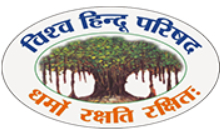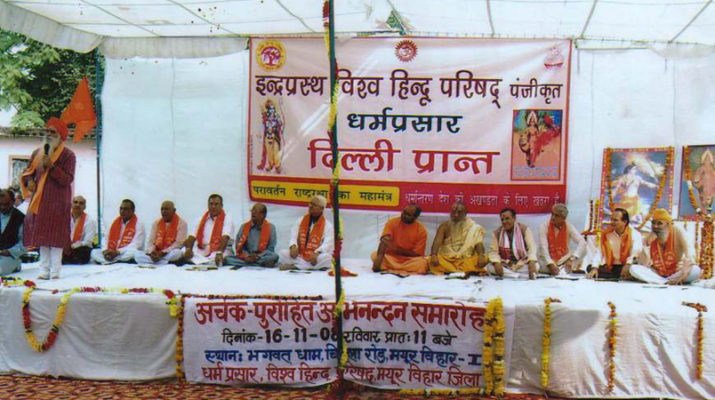The Niyogi Committee Report
The Committee contacted 11,360 persons, interviewed people from 700 different villages and received 375 written statements and 385 replies from a questionnaire. They visited hospitals, schools, churches, and other institutions in 14 districts. It toured several areas and talked to witnesses who were “mostly prejudiced”. The questionnaire had 99 questions, and was described by the High Court thus:
a long and searching document.. in many places it amounts to an accusation. Some of the questions border on an inquisition, and may well be equated to a “fishing expedition” on the supposition that something discreditable can be discovered.
The Committee recorded that “there was a general complaint from the non-Christian side that the schools and hospitals were being used as means of securing converts.” It said that “Reference was also made to the practice of the Roman Catholic priests or preachers visiting newborn babies to give ashishâ (blessings) in the name of Jesus, taking sides in litigation or domestic quarrels, kidnapping of minor children and abduction of women and recruitment of labour for plantations in Assam or Andaman as a means of propagating the Christian faith among the ignorant and illiterate people.”
The report writes that especially Roman Catholic missions used money-lending as a device for proselytization. They gave loans which were later written off if the debtor became a Christian.
The recommendations of the report
The committee gave the following recommendations:
- those missionaries whose primary object is proselytization should be asked to withdraw and the large influx of foreign missionaries should be checked;
- the use of medical and other professional services as a direct means of making conversions should be prohibited by law;
- attempts to convert by force or fraud or material inducements, or by taking advantage of a personâ inexperience or confidence or spiritual weakness or thoughtlessness, or by penetrating into
- the religious conscience of persons for the purpose of consciously altering their faith should be absolutely prohibited;
- the Constitution of India should be amended in order to rule out propagation by foreigners and conversions by force, fraud, and other illicit means;
- legislative measures should be enacted for controlling conversion by illegal means;
- rules relating to registration of doctors, nurses and other personnel employed in hospitals should be suitably amended to provide a condition against evangelistic activities during professional service;
- circulation of literature meant for religious propaganda without the approval of the State Government should be prohibited. (Goel 1998, 163-164)



